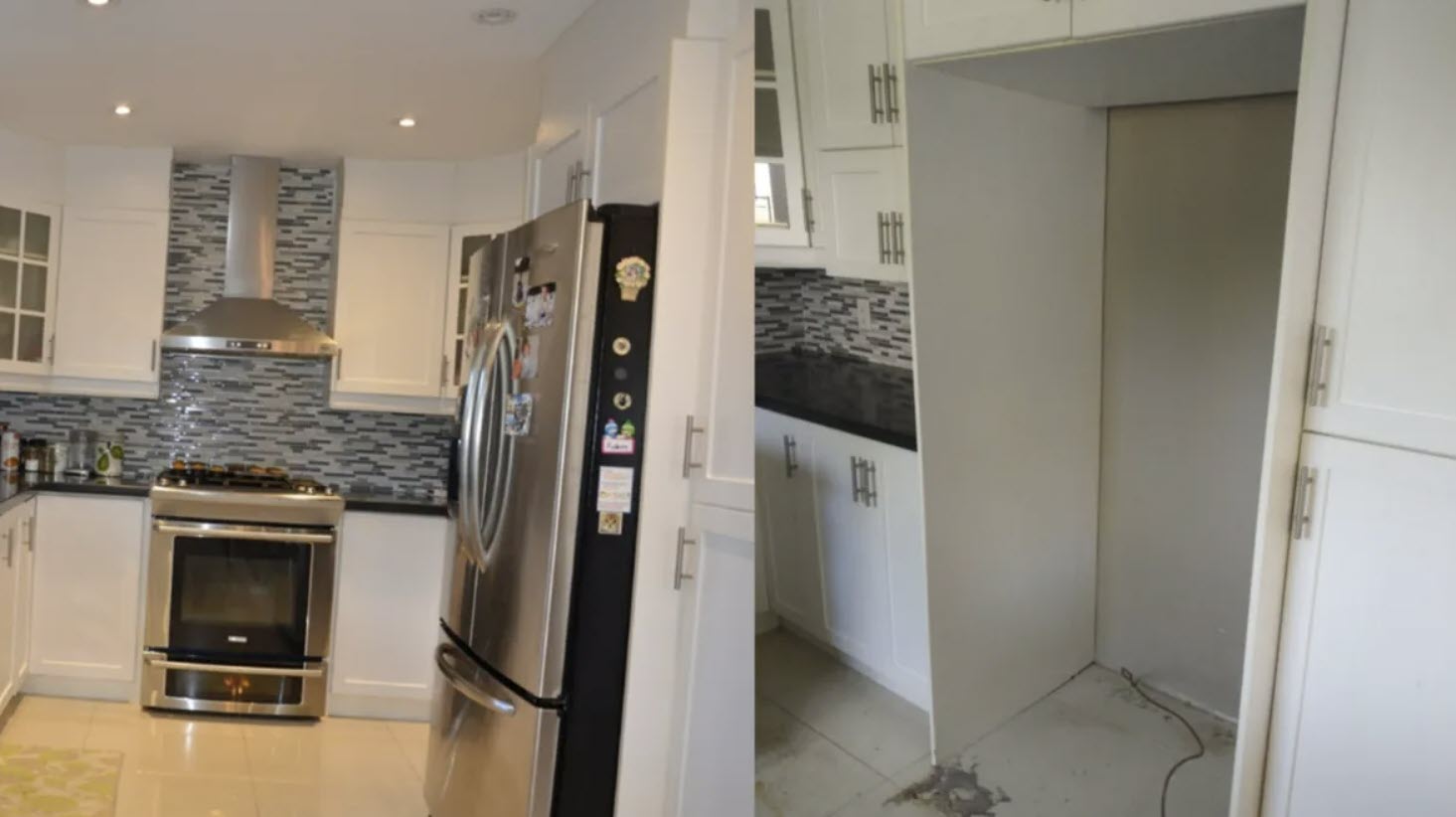As a landlord, you do your best to choose the right tenants for your rental property with thorough screening processes and income requirements. However, even if you’ve determined that a person is a good fit for your property, there’s always a chance that your tenant is willing to perform illegal actions for their own benefit — such as theft. There are many different ways a tenant can commit theft on a rental property, from pocketing rented silverware to stealing light fixtures upon move-out to removing and reselling landscaping features that the landlord installed on their own dime. Tenant theft can be spotted both through the course of the lease and at the end of it, during the move-out process. If you have proof that your renter is committing theft against you as the property owner, there are a few specific steps you should take in order to deal with the situation.
Know Your Rights
As a landlord, you have the right to get your property returned to you when stolen, just as any private citizen would. There are several ways you can go about this, including filing a police report, involving your tenant in a civil lawsuit, or withholding the price of the stolen items from your tenant’s security deposit.
Let’s take a closer look at the ways in which you can exercise your rights as a landlord to either get your stolen items returned or be compensated for the value of the items.
Report Tenant Theft as Soon as Possible
The moment you learn that your tenants either are actively stealing or have stolen from your property, the first thing to do is acquire as much evidence as you can, such as video camera surveillance footage or neighbor testimony.
Once you have concrete evidence, file a police report as soon as possible to make sure the authorities are aware of the situation. If you have enough proof, the police may be able to recoup your stolen items from your tenants or strengthen your potential insurance claim so you don’t have to repurchase them yourself.
Additionally, the police report will show up during rental screening processes for the tenant’s future landlords to be made aware of.
Reduce the Security Deposit Return Accordingly
Perhaps you find during the move-out inspection that your tenant has stolen items from your property but you want to avoid legal intervention or your tenant is difficult to track down. You can simply subtract the value of the items from the security deposit before returning it — or, if warranted, withhold the security deposit altogether.
Make sure to check your lease agreement as well as local property rental guidelines to remind yourself of your rights as a landlord surrounding security deposit return in the event of a lease infraction by your tenant.
Consider a Civil Suit
If the tenant theft you’re dealing with is at the petty level, you may not want to get the courts involved. However, a civil suit may be necessary to recoup lost funds and to help you replace the items if they are of high monetary value or essential to the property’s functionality.
Much like a police report, the record of the civil suit will give future landlords pause before renting to this tenant no matter what the outcome is.
Other Tips for Landlords to Prevent Tenant Theft
There are a few ways for landlords to stop tenant theft before it even occurs. Try to develop trusting relationships with the other members of the community in which your property is located so you can rely on them for tip-offs if your tenant is behaving suspiciously.
Never speed through a background check before renting to a tenant, as you may miss crucial information such as a criminal record or lease infractions with previous landlords.
Once your tenant has moved in, create an expectation around regular walk-throughs of the property so you can ensure everything is in proper order and they can understand that theft will be noticed.
Additionally, make sure to take thorough and detailed photos of the property in between tenants. Even the most conscientious landlord may forget about a feature of their property that ends up getting stolen by a tenant.










